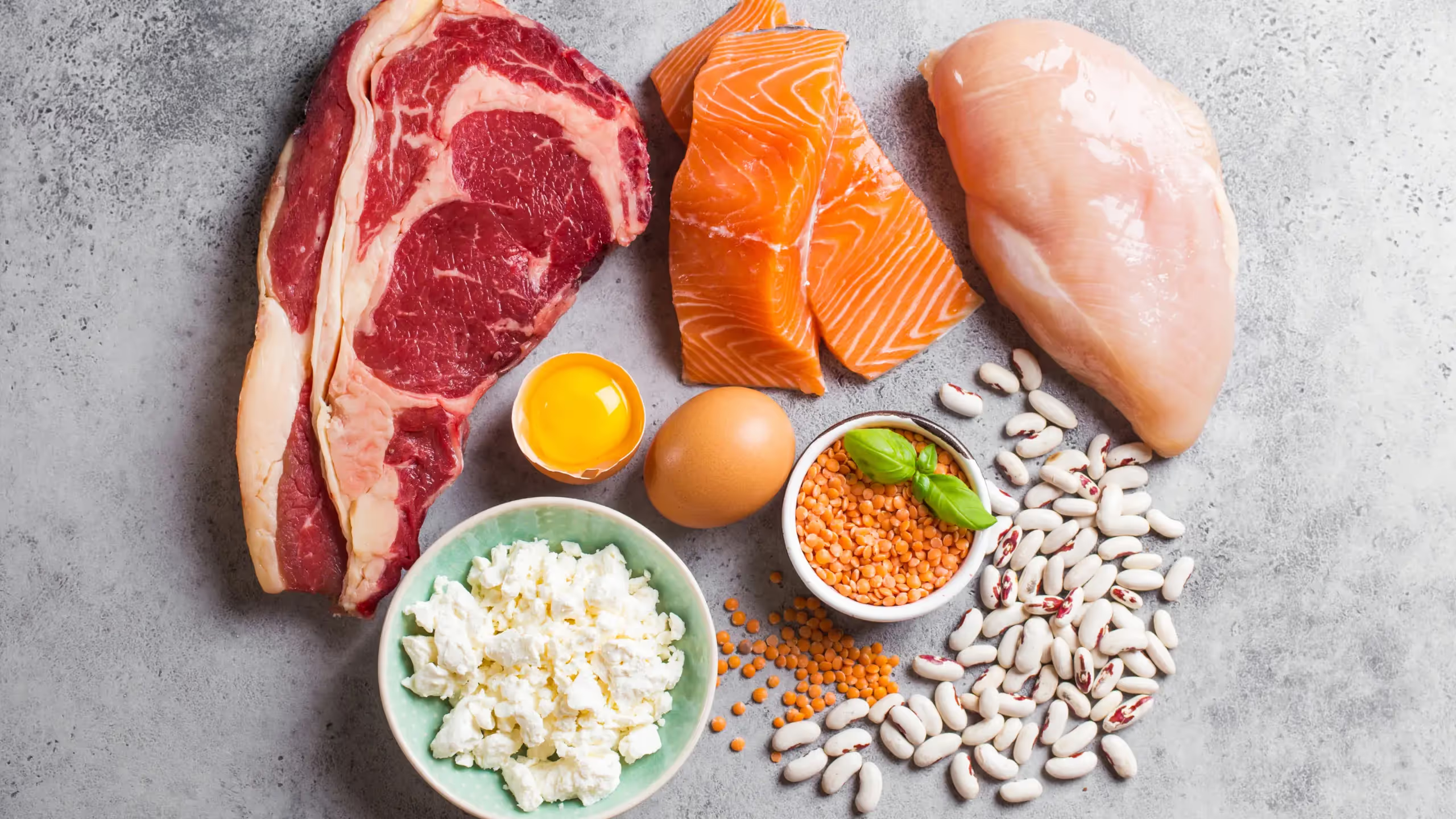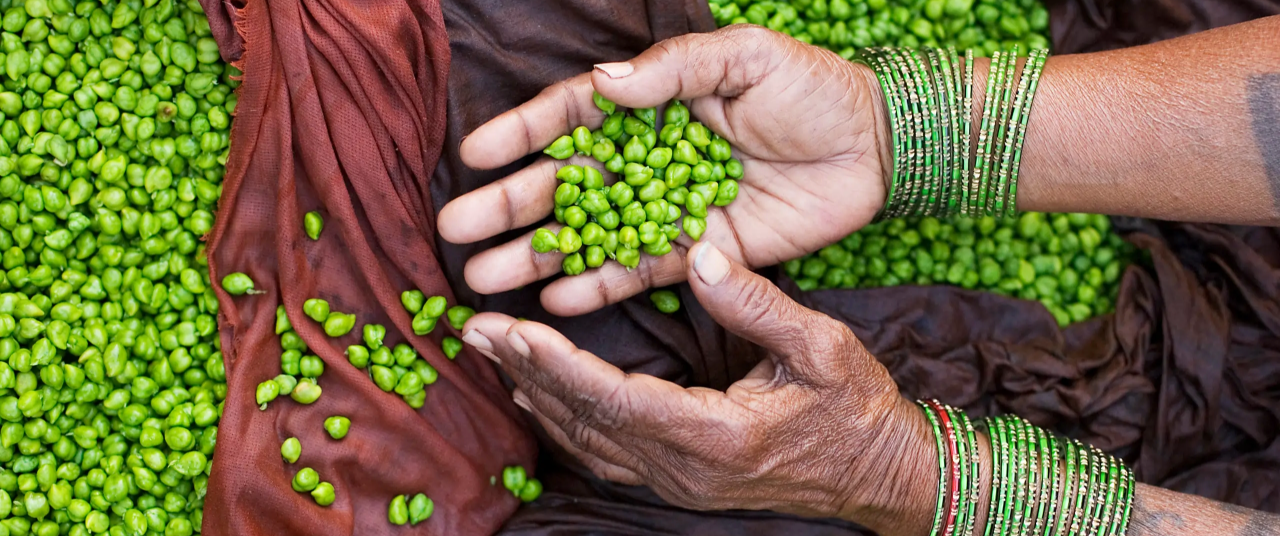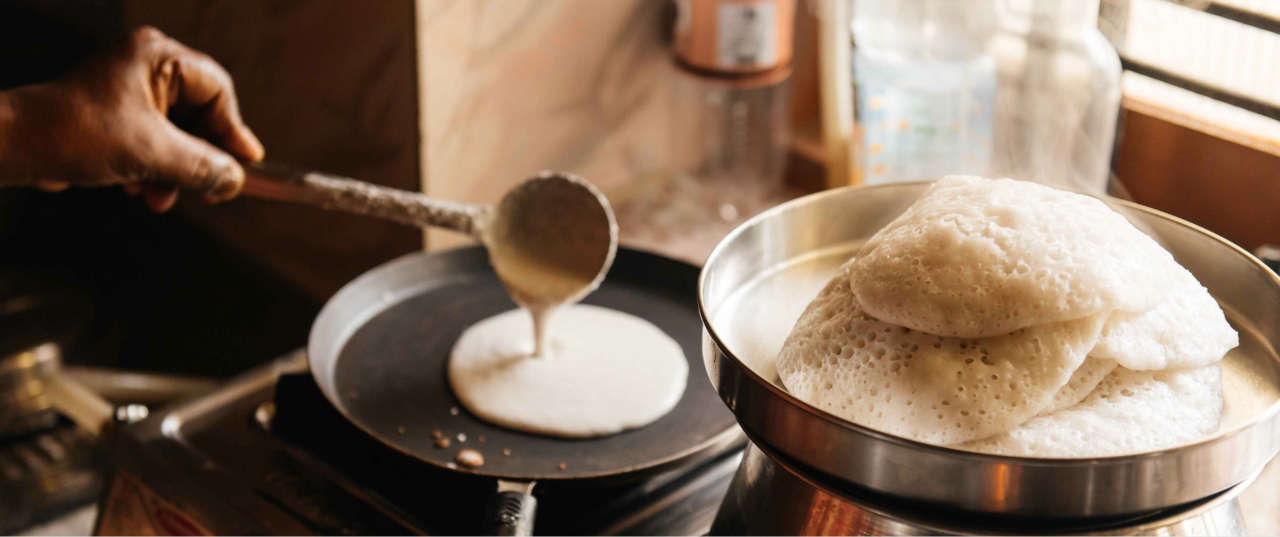Did you know this mighty macronutrient plays a role in hormones and brain chemistry?






Editor's Note: From grocery lists, to fitness priorities, and even healthy snacking, protein is everywhere—but do we truly understand it? In this series, the Good Food Movement breaks down the science behind this vital macronutrient and its value to the human body. It examines how we absorb protein from the food we consume, how this complex molecule has a role to play in processes like immunity, and the price the Earth pays for our growing protein needs.
Humans, like many creatures in the animal kingdom, have what scientists call a “dominant appetite” for protein. Insects make this drive look dramatic: a cricket low on protein will turn cannibal; a locust, when deficient, will roam until it finds other food sources that restore balance.
Humans fall somewhere in between. When offered a diet heavy in carbs and fats but light on protein, we tend to overeat out of an unconscious effort to meet our protein needs. Biologically, protein is essential: it’s the only macronutrient that contains nitrogen as part of its core structure, which our bodies need to grow, repair, and reproduce.
By now, we recognise that protein matters, but its presence in meals means different things to different people. To some, it’s synonymous with weight loss. To others, it’s about building strength. However, beyond this well-known understanding, proteins are doing invisible work that is crucial to our body.
Among all the macronutrients, protein is the most thermogenic macronutrient—your body burns more calories breaking it down than it does for fats or carbohydrates.
What We See
- Muscle mass and strength
When you are carrying groceries up three flights of stairs, protein is what keeps your muscles strong and functioning. After any strength-training session, your muscles are essentially in a state of mild stress. Protein swoops in to patch up the damage and reinforces muscle structure. It supplies essential amino acids which your body uses to repair muscle fibres torn during exercise. This is why many trainers recommend eating some form of protein within 30–60 minutes after exercise, whether it’s a protein shake, a boiled egg, or yogurt with fruit.
- Weight loss without wasting muscle
Trying to shed a few kilos? You don’t just want to lose weight—you want to lose fat, not muscle. This is where protein can help. Firstly, protein supplies essential amino acids that support muscle protein synthesis and reduce chances of muscle breakdown in case of a calorie deficit. Secondly, your body uses more calories to digest proteins than it does to digest carbs or fats. People who eat more protein while dieting are better at preserving lean muscle and at burning fat. In other words, your body becomes more efficient at losing the right kind of weight. One analysis even found that higher-protein diets lead to greater fat loss and fewer cravings in the long term, as well as minimising weight gains after you stop dieting.
- Faster recovery after injury
Athletes often bounce back quickly after injuries, in part due to the role protein plays in the healing process. When you sprain an ankle, tear a ligament, or even recover from surgery, your body needs extra building blocks—essentially, proteins—to repair tissues. Eating enough protein during recovery has been linked to shorter downtime. Some studies have also linked protein to reducing the impact of injuries sustained, like this study on how protein diminishes the effect of a fracture on the body.
Also read: Is your body low on protein? Signs and impacts of a deficiency
What We Don’t See
- Less hunger, fewer cravings
Protein affects your appetite in surprisingly powerful ways. It tamps down ghrelin, the hormone that tells your brain “I’m starving” while boosting the hormones (GLP-1 and cholecystokinin) that signal fullness. Translation: You feel more satisfied with less food.
In fact, one study found that upping protein intake to just 25% of daily calories cut food cravings by 60% and reduced nighttime snacking by half. That’s not a small win if you're trying to steer clear of that 10 p.m. cookie binge.
- Better brain chemistry
Proteins are building blocks for neurotransmitters. So, protein-rich diets can support your brain’s feel-good chemicals, particularly dopamine: the neurotransmitter tied to motivation and reward. When your blood sugar is stable and your brain chemistry is balanced, you’re less likely to reach for processed snacks just to feel better.
- Hormonal support
Proteins are vital ingredients in the makeup of hormones, and a protein-rich diet supports the maintenance of optimal hormonal balance, and thus a regular menstrual cycle. Proteins are also involved in tissue repair and blood production—and can counteract weakness associated with blood loss during periods.
Interestingly, proteins also play a role in reducing period cramps—the uterus is also a muscle, and proteins can help both support the muscle under strain and strengthen it. Similarly, low intake of animal-based proteins, vitamin B12, vitamin D, and zinc have been linked with the pain and mood swings tied to PMS. In this manner, incorporating proteins into your daily diet through the month helps your body feel more grounded through hormonal shifts.
- Metabolism that works for you
The thermic effect of food is the energy your body uses to digest and process what you eat. Among all the macronutrients, protein is the most thermogenic macronutrient—your body burns more calories breaking it down than it does for fats or carbohydrates.
Even better, excess protein is less likely to be stored as fat compared to carbs or fats, particularly if you're staying active. It’s not a miracle fix, but over time, this adds up to a leaner, more efficient metabolism.
Also read: Whey to go: A complete guide to protein
{{quiz}}
References






.avif)




